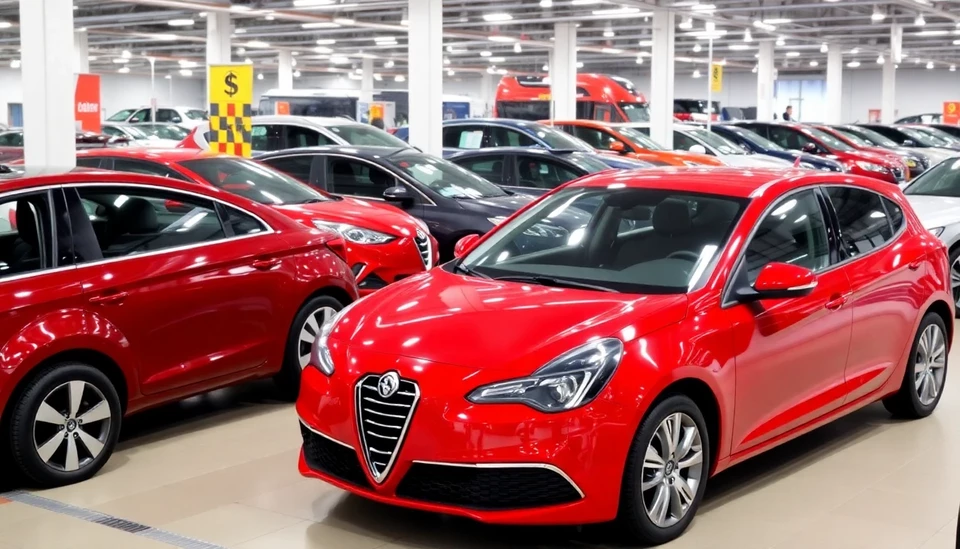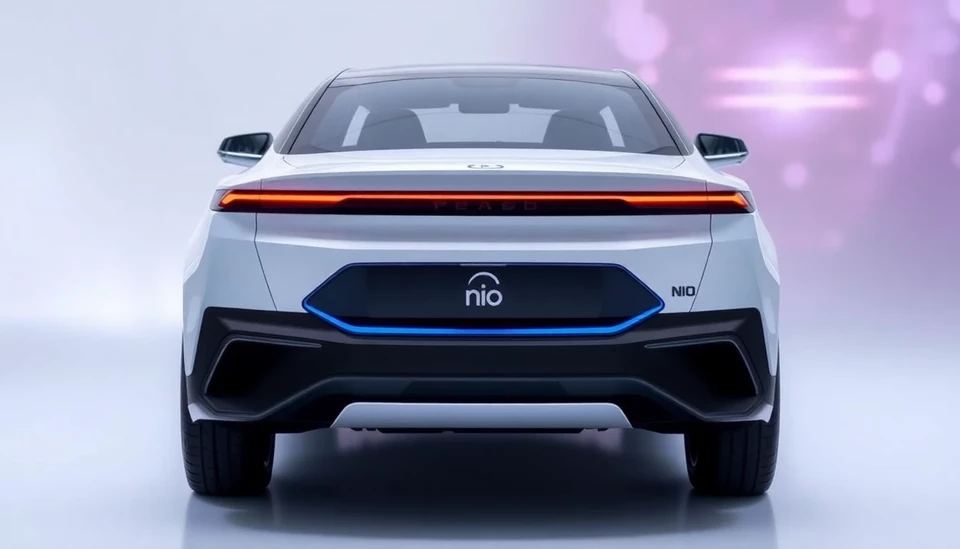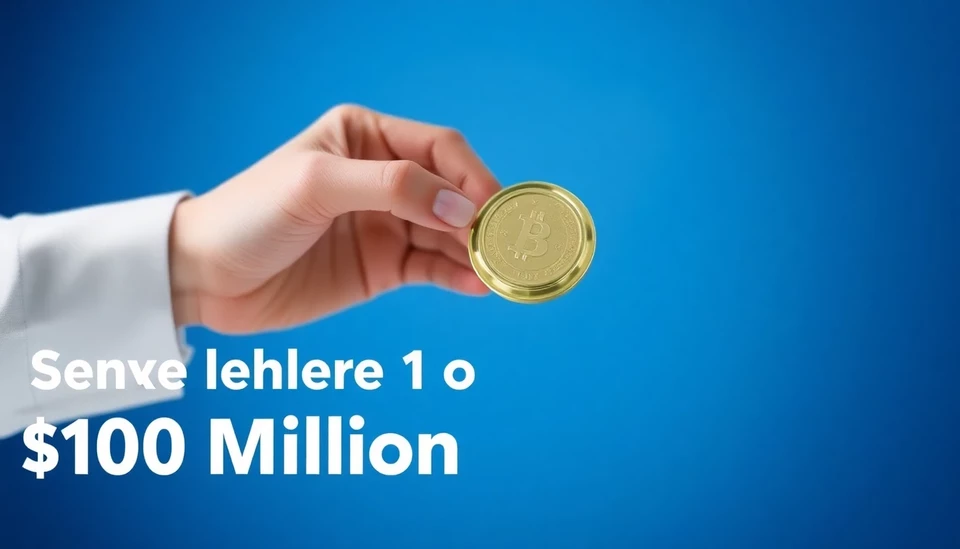
Recent data reveals that car sales in Europe have taken a downturn as automakers confront a challenging market characterized by waning consumer enthusiasm. The latest statistics indicate a 4.3% decrease in new car registrations across the continent in November compared to the same month last year. This decline reflects a potential shift in consumer behavior, posing significant concerns for manufacturers already grappling with various market pressures.
The European auto market has shown signs of vulnerability as consumer spending faces headwinds from soaring inflation and rising interest rates. The combination of these economic factors has led to a decline in consumer confidence, prompting many to postpone or reconsider purchasing new vehicles. This scenario puts additional strain on automakers who are already adjusting their production to adapt to the post-pandemic landscape.
Data from the European Automobile Manufacturers Association (ACEA) highlighted that the decline in November marks a consecutive downturn in sales, with a total of 924,000 new cars sold. This downward trend has raised alarms and calls into question the industry's ability to rebound in the coming months, especially with the imminent risks of an economic slowdown overshadowing the market.
Several key players in Europe's automotive sector are facing unique challenges. For instance, challenges relating to supply chain disruptions, particularly in the semiconductor market, have continued to affect production capabilities. Despite the easing of some supply constraints, the lingering effects have led to longer wait times for consumers and reduced inventory levels on dealership lots.
Not all companies are experiencing the same struggles; while some manufacturers have managed to maintain sales momentum through strategic pricing and innovative offerings, others have found the consumer slowdown to be more challenging. Luxury brands, in particular, have seen varied performance levels, with some finding new growth avenues through electric vehicle (EV) offerings, whereas mainstream brands wrestle with declining market share.
This environment has prompted automakers to reevaluate their business strategies, with a keen focus on enhancing the customer experience, investing in technology, and expanding EV lineups to align with shifting consumer preferences. The electric vehicle market remains a bright spot, as consumers exhibit increasing interest in sustainable transportation options. However, traditional vehicles continue to dominate sales figures, indicating a gradual transition rather than an overnight shift.
One notable observation is the potential for regional disparities within Europe. While sales figures in large markets like Germany, France, and Italy exhibit the general downturn, certain countries may experience bucking trends based on local economic conditions and consumer preferences. This highlights the importance for manufacturers to adopt region-specific strategies to navigate the complex landscape effectively.
Going forward, industry analysts suggest that automakers should brace for continued volatility in the car market. With the economic outlook remaining uncertain, businesses might need to continually adapt their operations and product offerings to remain competitive. As the year draws to a close, the focus will likely shift towards strategies for the upcoming year, with keen insights into how consumer behavior might evolve further in light of economic changes.
As the car industry in Europe continues to grapple with these challenges, stakeholders will be closely monitoring the situation, making adjustments to align with consumer demand, and seeking opportunities for sustainable growth in an ever-evolving market landscape.
#car #sales #decline #European #market #automotive #industry #inflation #interest #rates #consumer #behavior #EV #transitions
Author: Victoria Adams




